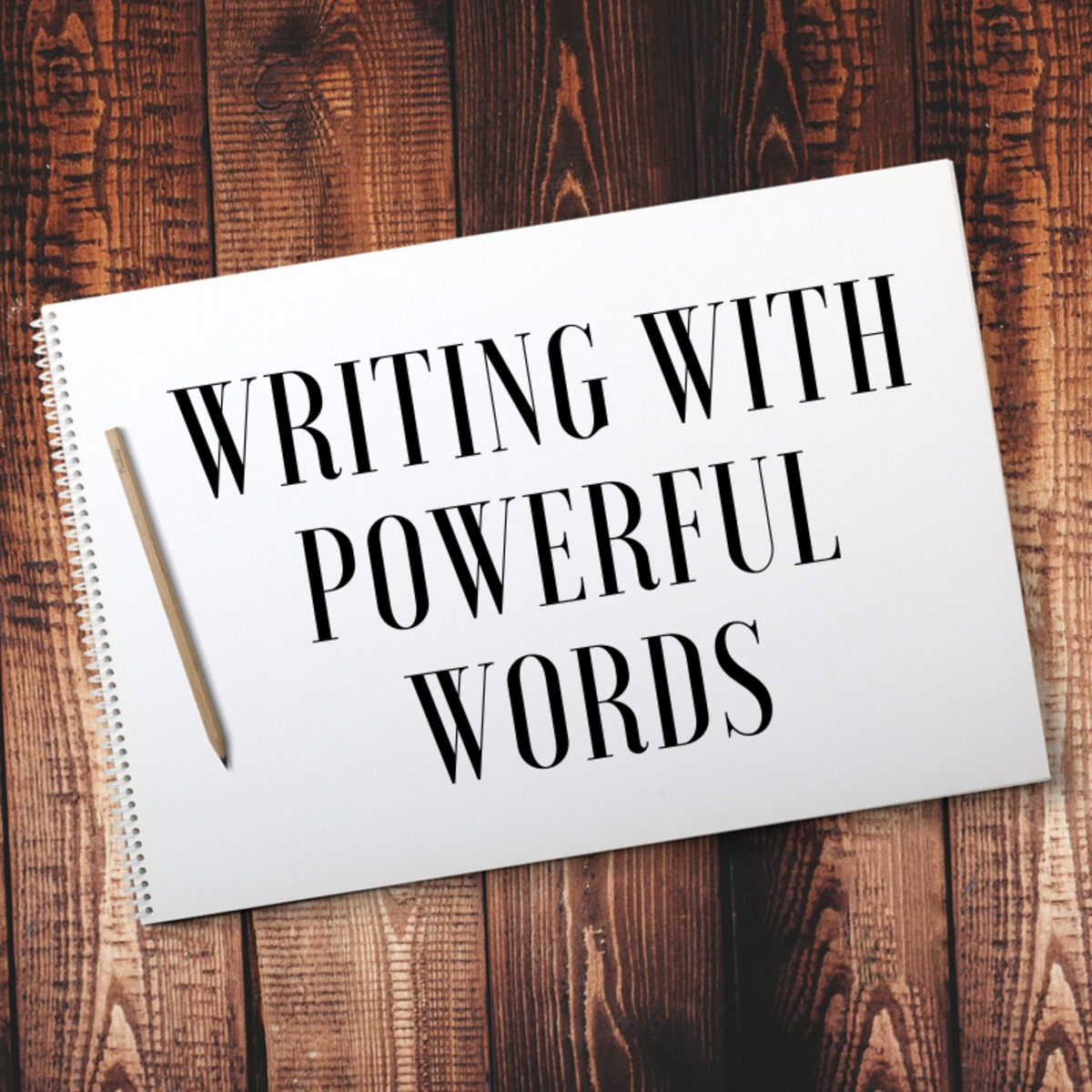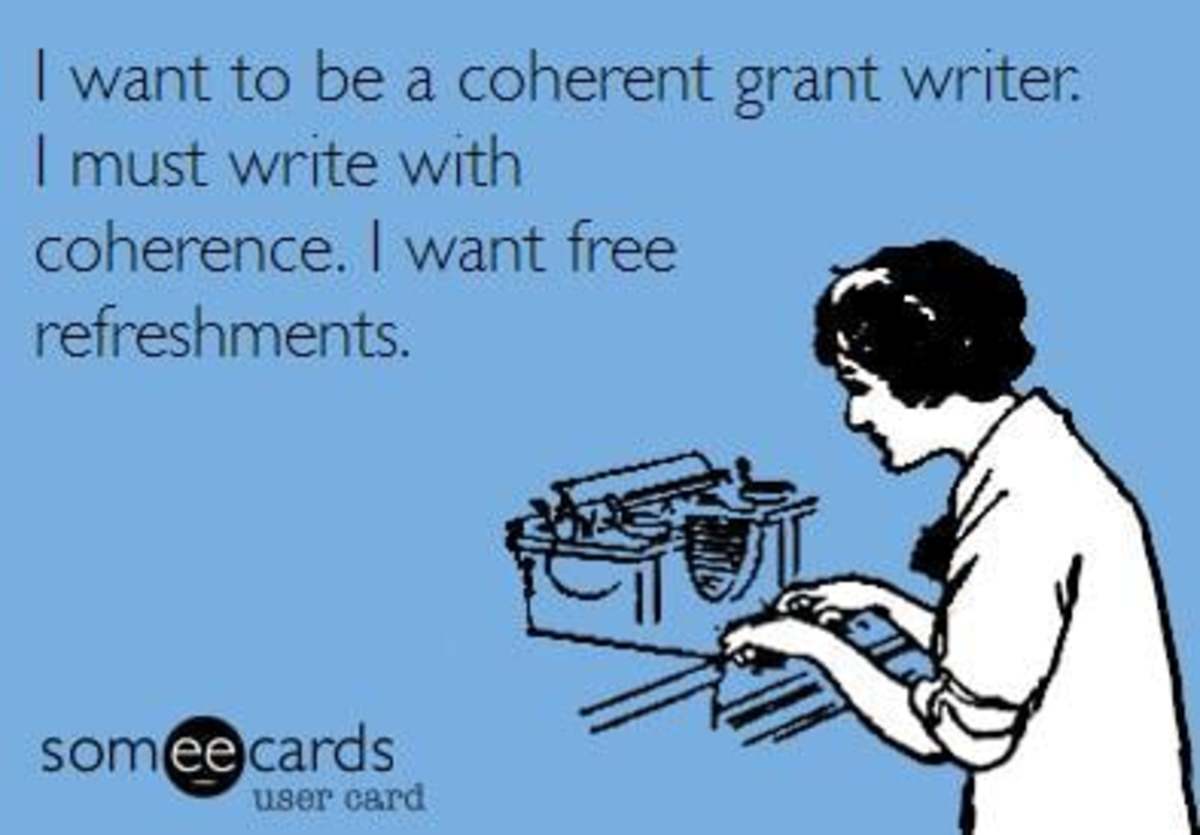Improve Your Writing By Using A Variety of Sentence Types

Use These Simple Tips To Impress Your Readers
When writing an essay or article of any kind, it's always important to capture the reader's interest immediately and maintain it throughout. One of the best ways to hold reader interest (in addition to writing about an interesting subject, of course) is to vary your sentence types and lengths. Nobody wants to read a piece of writing that consists almost entirely of simple sentences, except if it's written by a first or second grader; nor do they want to wade through something that turns out to be a confusing amalgam of four or five compound-complex sentences. Being familiar with the different types of sentences and using that knowledge to improve your writing is relatively easy.
- We'll simply begin with the simple sentence. A simple sentence is comprised of one or more subjects and one or more verbs: "The boy ran down the street." "The boy, his mom, and their dog walked, hopped and ran down the street."
- Easy, right? Now, let's create a compound sentence. Merely take two simple sentences and connect them with a coordinating conjunction (and, but, or):"The boy ran down the street, and his friend followed." "The boy and his dog ran down the street, and his best friend and his cat followed." Remember to put a comma before the conjunction, and remember that each side of the coordinating conjunction must be equal. (In other words, each must contain a subject and a verb.)
- At this point, things can get a bit tricky. In order to create and recognize complex sentences, first you should be familiar with types of clauses. A clause is a group of words with a subject and a verb. If that group of words can stand alone and still make sense, it's an independent clause. (Remember it this way: People who can stand on their own are considered independent.) : " John won a prize." The subject is "John," the verb is "won," and the group of words makes sense by itself. If, however, the group of words does not make sense by itself, it is a dependent clause: "After he sang at the talent show" The subject is "he," and the verb us "sang," but this particular group of words does not make sense by itself; it needs an independent clause in order to make sense. In other words, it depends on another clause: "After he sang at the talent show, he won a prize." Note that a dependent clause always begins with a subordinate conjunction (" after, since, because, whenever, if, although, etc.) Any group of words that begins with a subordinate conjunction can never stand alone. An independent clause must either precede or follow it: " After he had finished his homework, Mike watched TV." "Mike watched TV after he had finished his homework." Note that if the dependent clause comes at the beginning of the sentence, there must be a comma separating it from the independent clause. If, however, the independent clause comes first, no comma is needed. A COMPLEX SENTENCE IS MADE UP OF ONE INDEPENDENT CLAUSE AND ONE OR MORE DEPENDENT CLAUSES. "Because he'd made a promise to his parents, Mike watched TV after he had finished his homework." This sentence is comprised of one independent clause,"Mike watched TV." and two dependent clauses "Because he'd made a promise" and "after he had finished his homework."
- Another type of dependent clause is a relative clause, which relates back to another word in the sentence. A relative clause will never begin a sentence, and the clause will start with who, whom, which, or that: "The girl whom we elected president gave a fantastic speech." "The book that was on the table is missing."
- Now, as Emeril might say, "Let's kick it up a notch" and construct a compound/complex sentence, which is made up of two or more independent clauses and one or more dependent clauses: " Mike watched TV, and then he had a snack after he had done his homework." The two independent clauses are "Mike watched TV" and "then he had a snack." The dependent clause is "after he did his homework."
- We've done it: mastered the art of constructing different kinds of sentences. Now comes the fun part, which is using them in a paragraph. Let's just conclude this way:
Writing impressive articles is a must. (simple sentence) It can also be fun, and it might even bring you some accolades. (compound sentence) Whenever you experiment with sentence types, you'll find the exercise challenging and the results impressive. (complex sentence) The article that you create might even be published because you put some effort into perfecting your craft. (complex sentence with a relative clause). If you become really good at it, you will become a successful writer, and you will be proud of yourself in the bargain. (compound/complex sentence)








